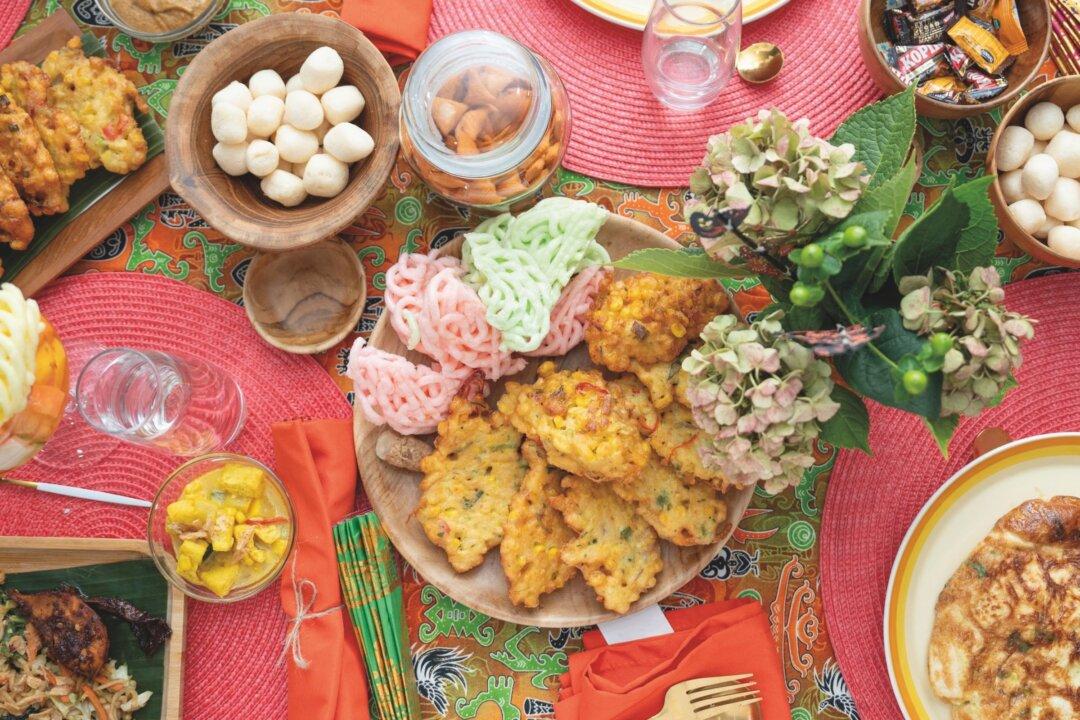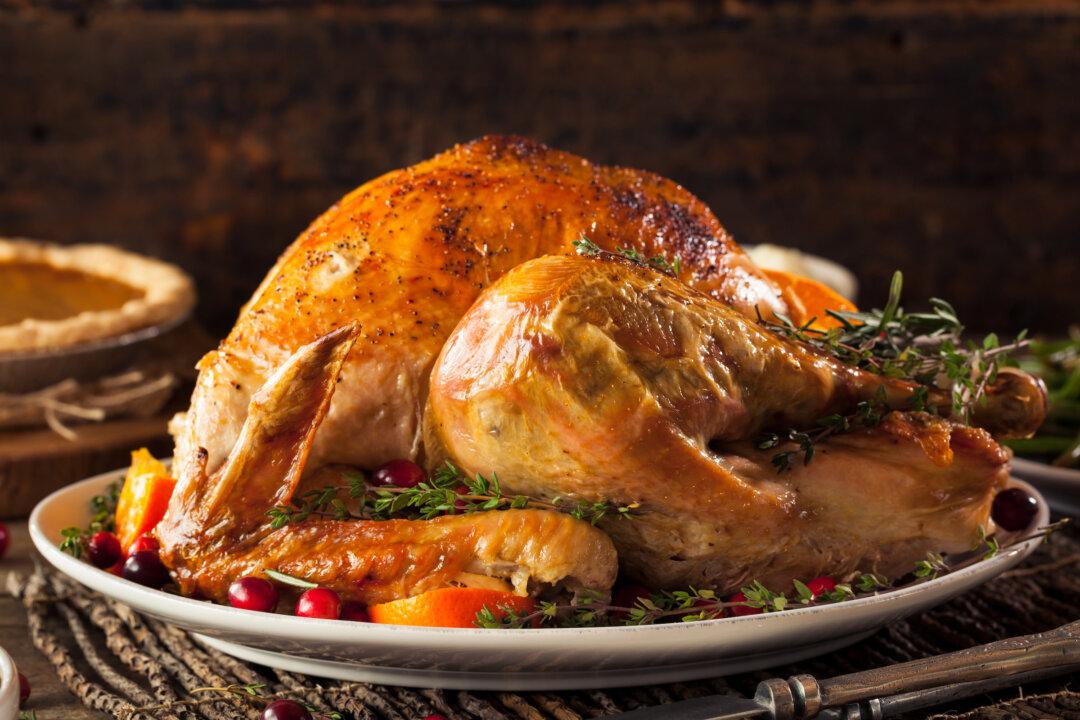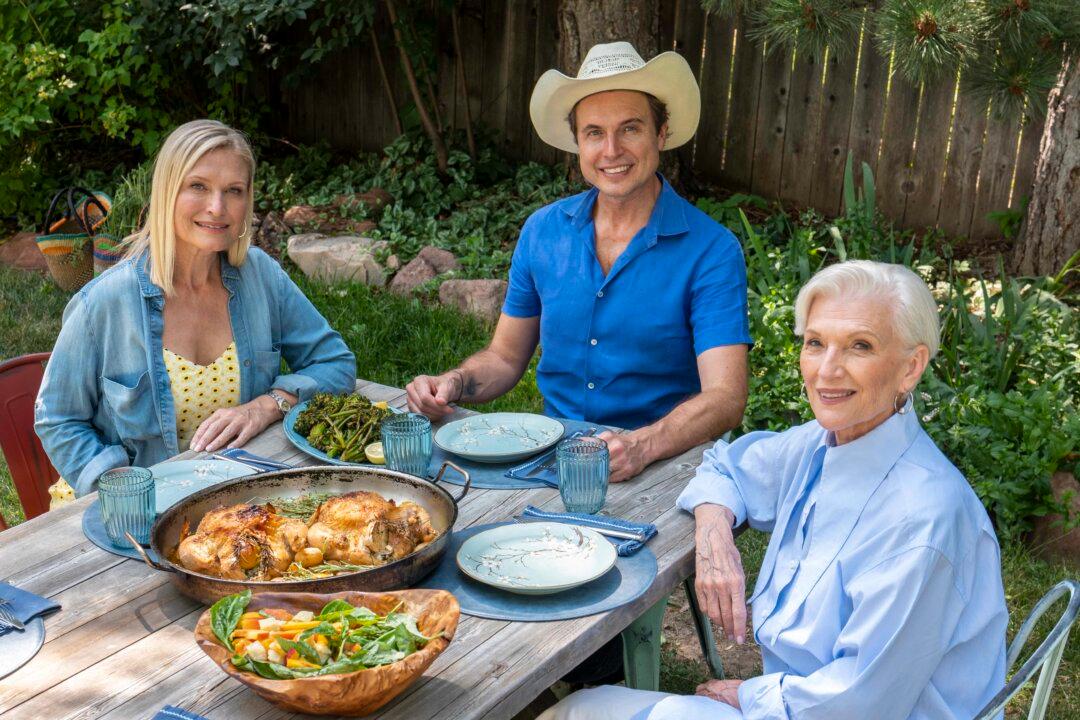We arrive at Shandra Woworuntu’s home in Queens, New York, on a Sunday afternoon, six strangers on another stranger’s doorstep, buzzing with nervous excitement. At 1 p.m. sharp, the door cracks open to reveal a shy teenage boy with scruffy black hair, wearing a T-shirt and shorts. He ushers us inside. We slip off our shoes and make small talk in the hall. Then a woman’s—undoubtedly a mother’s—shrill command from somewhere above us summons our greeter upstairs—something about guests and chairs. As he bounds away, we exchange glances and chuckles. We know we’re in for something special.
We’ve come for a cooking class—but no starchy chef’s whites nor gleaming industrial stovetops await us here. Woworuntu is a proud member of the League of Kitchens, a cooking school unlike any other: Its instructors are immigrant grandmothers and mothers from around the world; its classrooms are the instructors’ homes across New York. Students can venture to Staten Island to learn Lebanese cooking; Brooklyn to break into Bangladeshi; and here, Queens, to indulge in Indonesian. Live online classes let home cooks around the world visit from afar.






